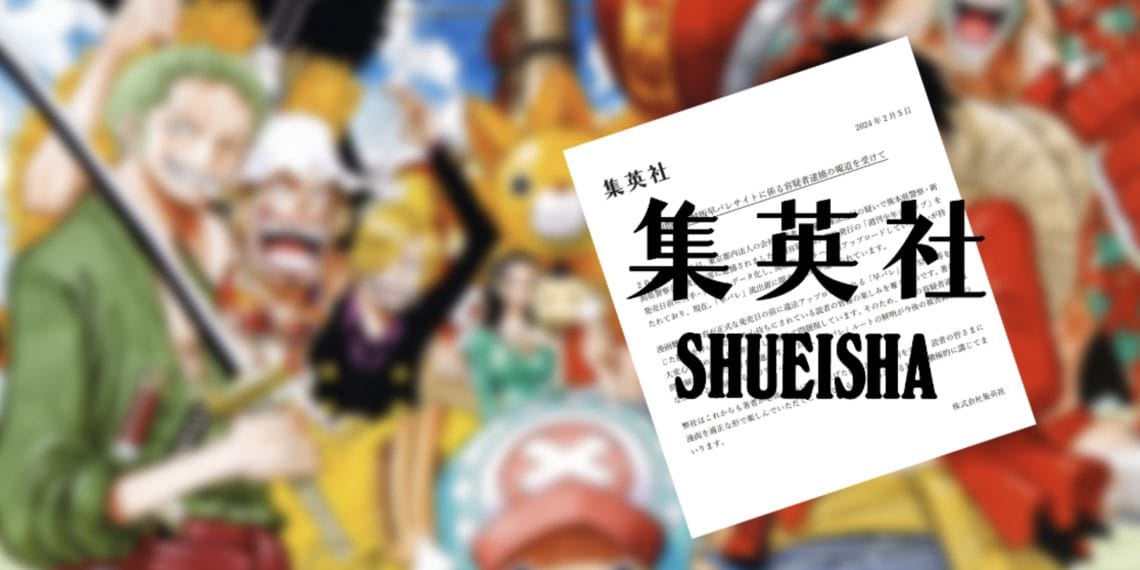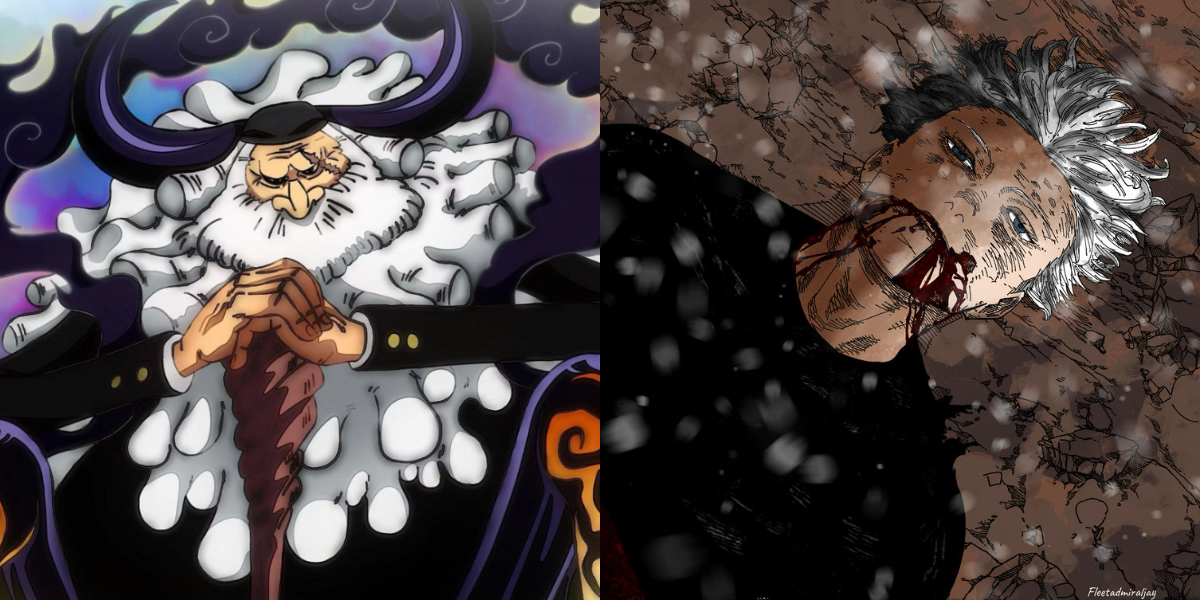Recently, there was an unexpected development regarding Shueisha Corporation’s widely followed Shonen Jump manga publication. Japanese law enforcement apprehended two people on suspicion of distributing unauthorized copies of issues of the popular manga magazine.
After confirming the identities of the individuals involved and their activities regarding the copyrighted content, the authorities detained the two persons.
Shueisha has issued a statement on the recent arrests due to Weekly Shonen Jump leaks.
The editorial states both them and authors are concerned about these issues, and will keep taking measures to protect their works.https://t.co/ieoCDFqqEj pic.twitter.com/8SXKxftFOU
— Shonen Jump News (@WSJ_manga) February 5, 2024
It appears the sources had somehow acquired the comic material and circulated it without securing the necessary permissions.
This incident has sparked concerns among manga industry stakeholders about intellectual property protections and the potential business impacts of illegal distribution leaks.
The situation highlights ongoing challenges in enforcing copyright laws and preventing unauthorized sharing in the internet era, even for a major manga publisher.

As Shonen Jump strives to serve its enthusiastic readership, securing its creative assets will likely be an increasing priority behind the scenes.
This event may lead publishers and distributors to redouble their efforts in guarding against leaks, which could have implications across the manga business landscape.
Arrests and Defending Manga Copyrights By Shueisha
On February 5th, 2024, Shueisha Corporation, the publisher of the widely popular Weekly Shonen Jump manga anthology, publicly addressed the recent arrests of two individuals through an official statement.
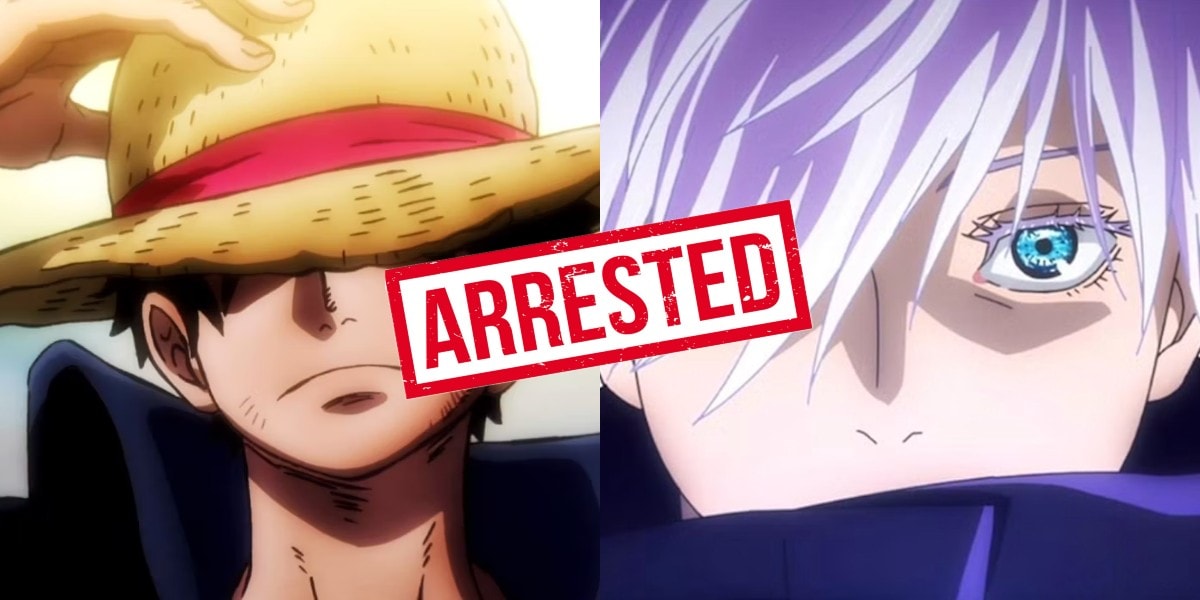
In the statement, Shueisha acknowledged that the arrests had occurred and voiced their support for the authorities’ involvement in the matter.
The company emphasized the damaging effects that leaks can have, noting how they negatively impact not just the manga artists, but also the many enthusiasts who eagerly anticipate new chapters of their favorite titles.
Shueisha stated that by releasing chapters early without consent, the surprise and excitement of waiting for the official launch is taken away from fans who support the manga.
Expressing hope that legal consequences would help deter further unauthorized distributions, the publishing company said they want their works to reach audiences through approved channels as intended.
This way, the content can bring joy to readers across the world who look forward to manga releases. Shueisha’s statement conveyed their stance on upholding copyright protections amidst efforts to illegally distribute leaks.

Shonen Jump’s statement first mentioned that executives from a Tokyo-based company had been apprehended by law enforcement due to a suspected violation of copyright law.
The arrests were carried out by a joint task force consisting of the Kumamoto Prefectural Police and the Niigata Prefectural Police.
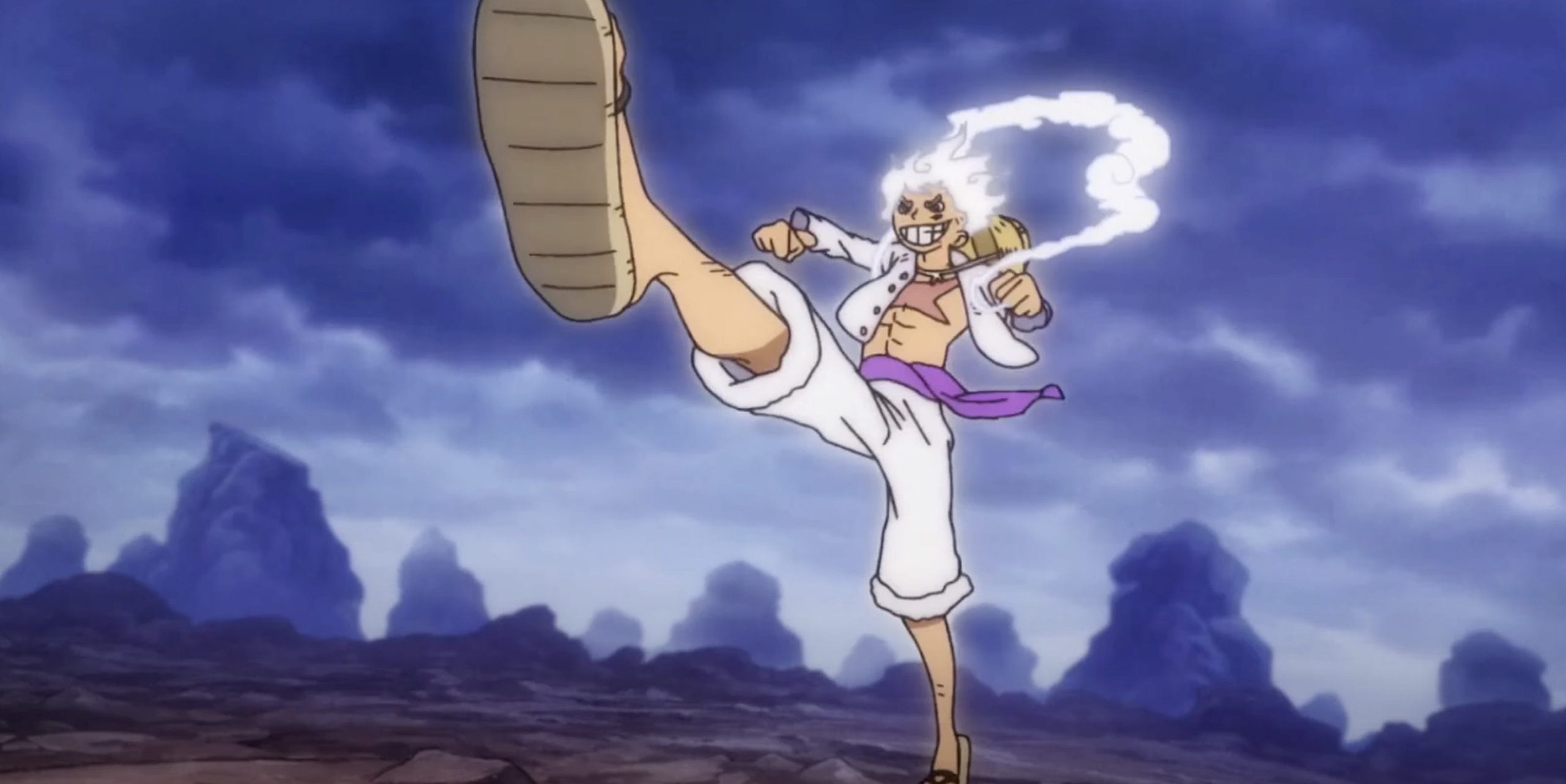
As stated by the publisher, the detained individuals had somehow obtained access to future issues of Weekly Shonen Jump magazine before the official release.
Despite lacking permission or authority to access the content prior to publication, the accused were able to get their hands on advance copies illegally.
Unauthorized Access to Future Manga Releases
Shonen Jump’s statement first mentioned that executives from a Tokyo-based company had been apprehended by law enforcement due to a suspected violation of copyright law.
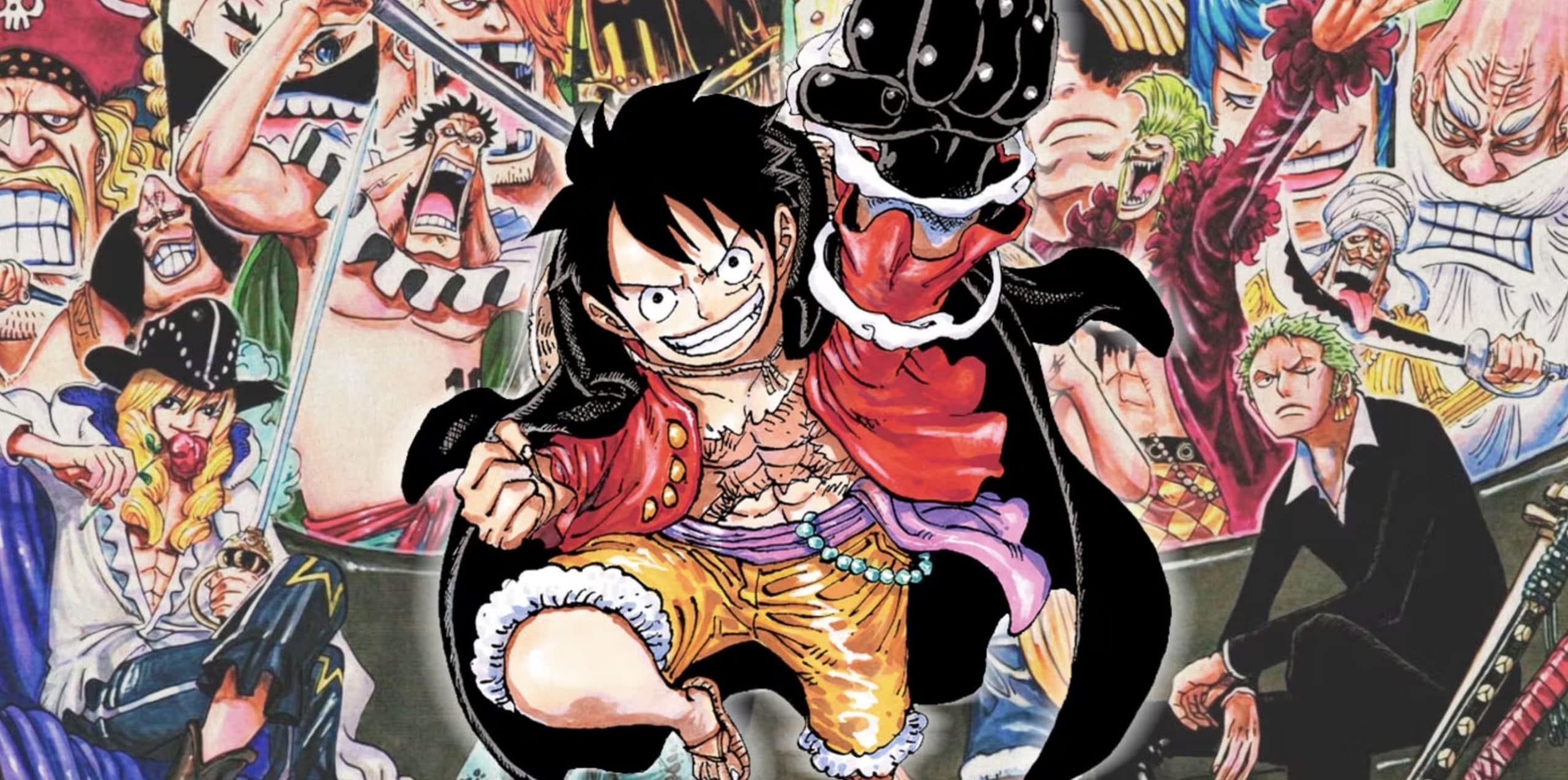
The arrests were carried out by a joint task force consisting of the Kumamoto Prefectural Police and the Niigata Prefectural Police.
As stated by the publisher, the detained individuals had somehow obtained access to future issues of Weekly Shonen Jump magazine before the official release.

Despite lacking permission or authority to access the content prior to publication, the accused were able to get their hands on advance copies illegally.
Shonen Jump’s announcement went on to provide these initial details surrounding the authorities’ suspicions about the leakage of copyrighted material and the identities of those deemed responsible at this stage of the investigation.
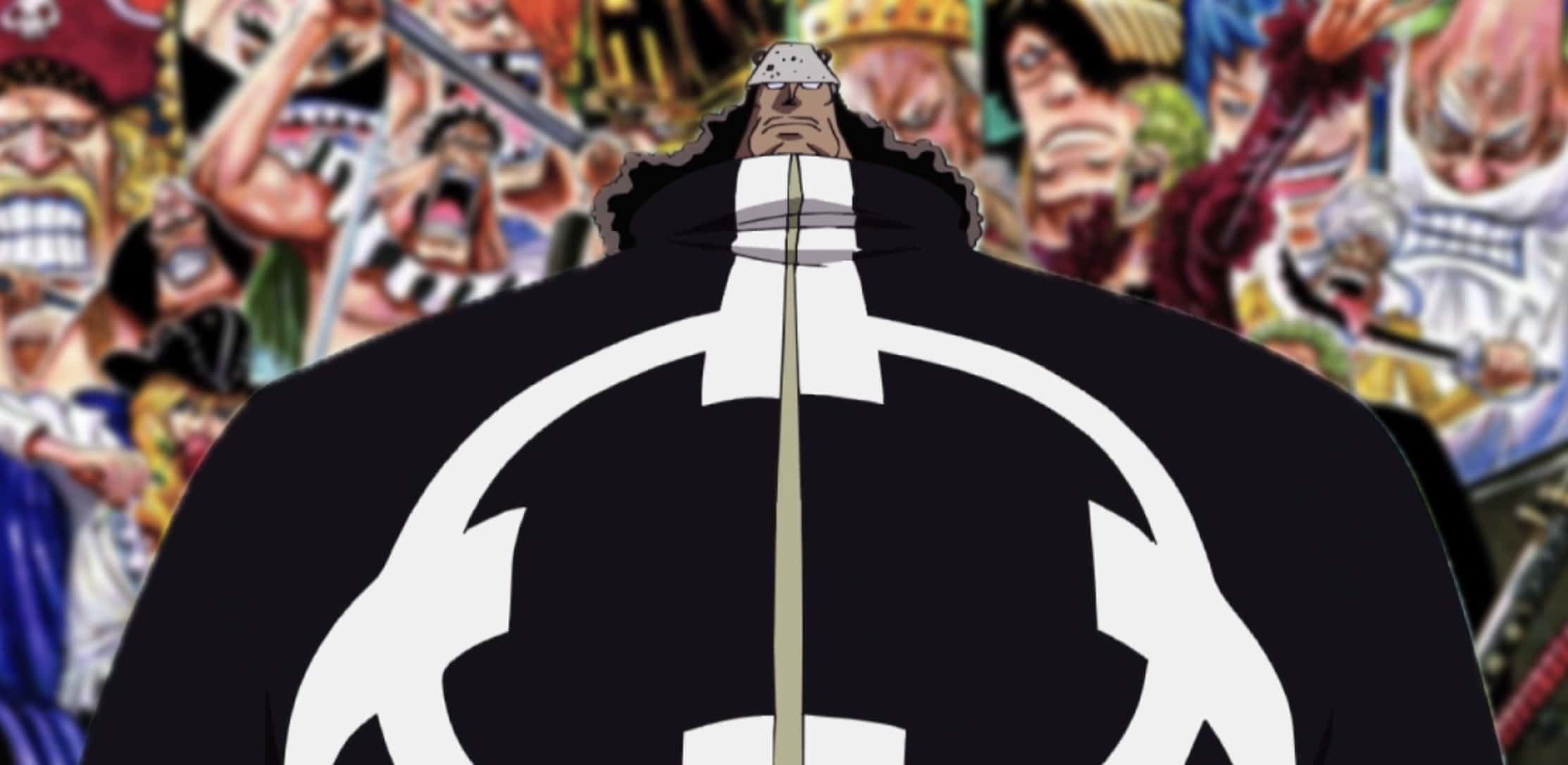
The publisher conveyed that police believe company administrators perpetrated intellectual property infringements by distributing upcoming manga installments without consent
After obtaining the Shonen Jump issues without approval, the detained individuals then digitized the magazine content and posted it to an unofficial website prior to the official publishing date.
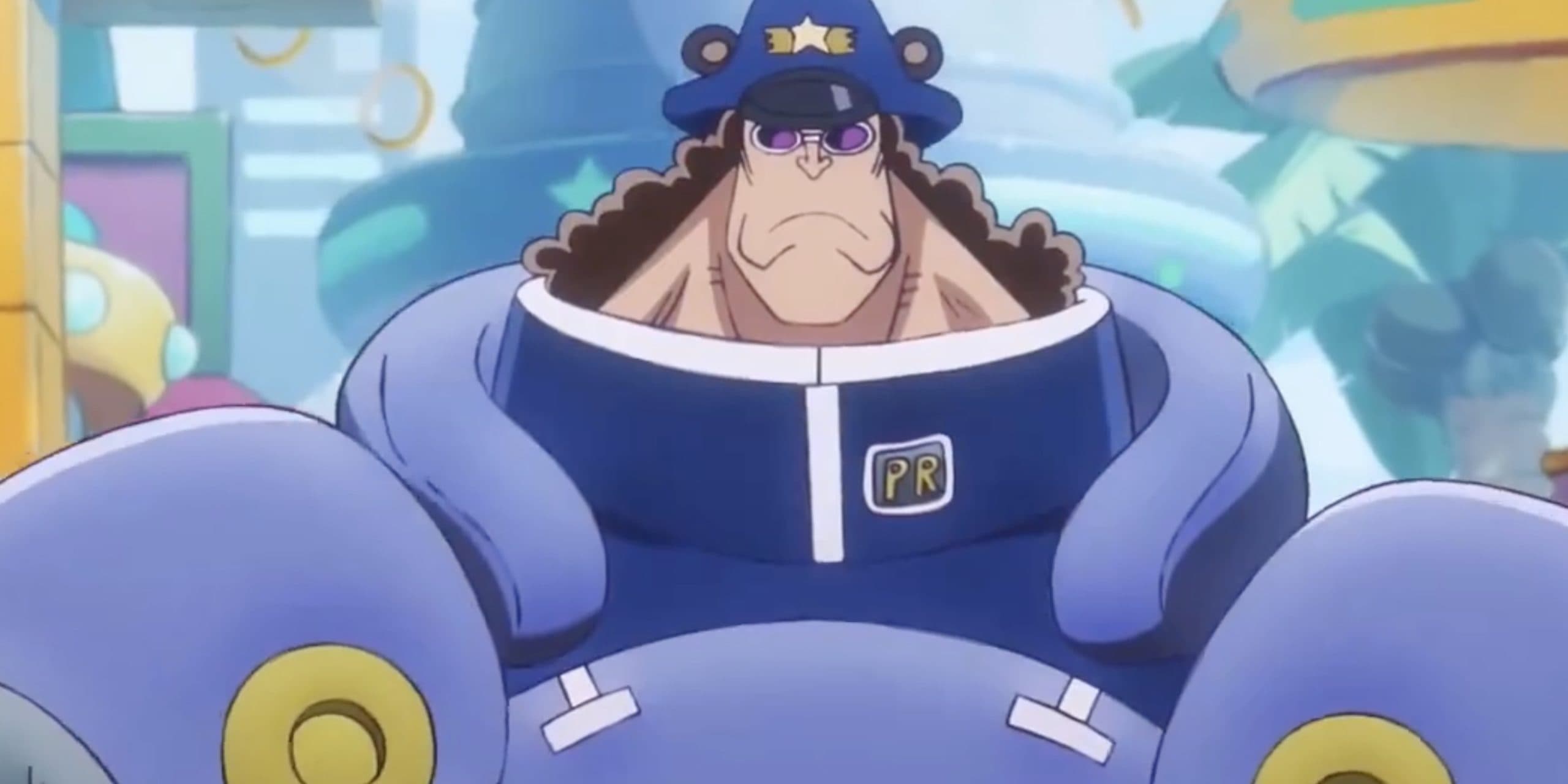
This act of digitizing copyrighted material and distributing it online prematurely has the potential to go against publishing guidelines.
By releasing the content before its sanctioned reveal, the surprise and excitement fans feel when new Shonen Jump chapters debut weekly could be dampened.
Readers anticipate discovering the latest installment of their favorite manga titles together at the same time in the way the creators planned for it to unfold.
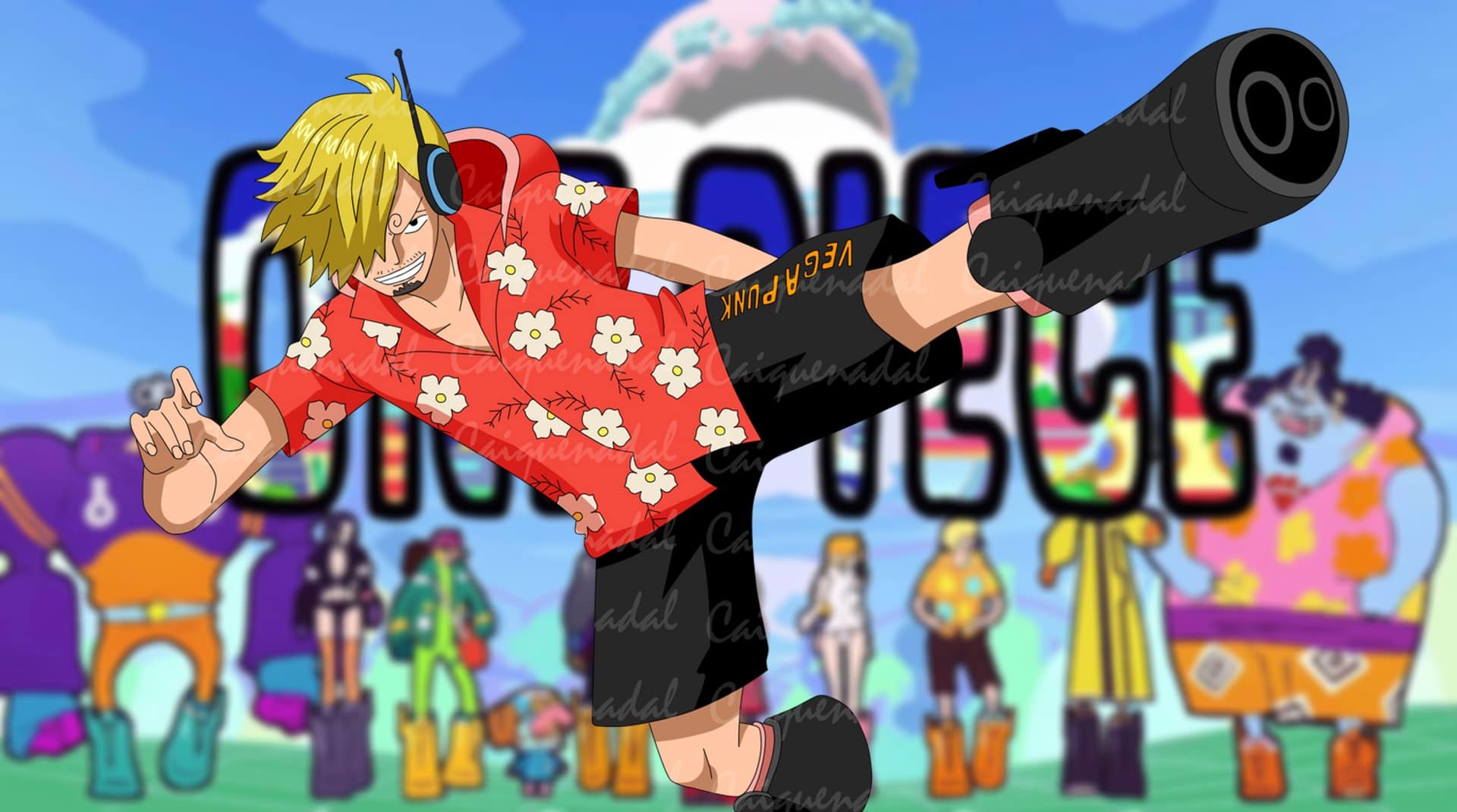
When unauthorized groups distribute leaked copies early, it disrupts that sense of shared experience fans look forward to.
It can diminish the enjoyment for readers who follow releases as scheduled and undermine the timed rollout that publishers and authors orchestrate to build intrigue leading up to the official launch.
Respecting those release plans ensures fans everywhere can fairly experience new chapters simultaneously.

